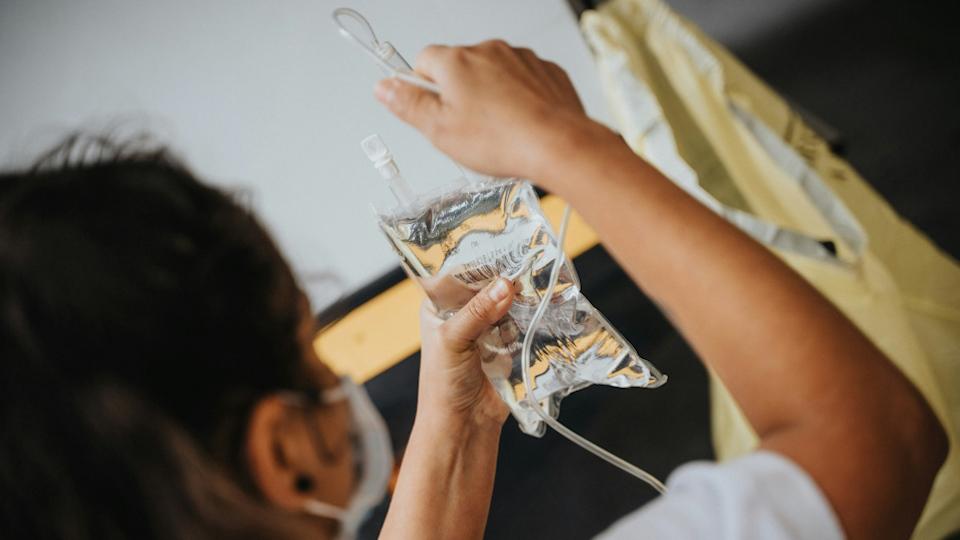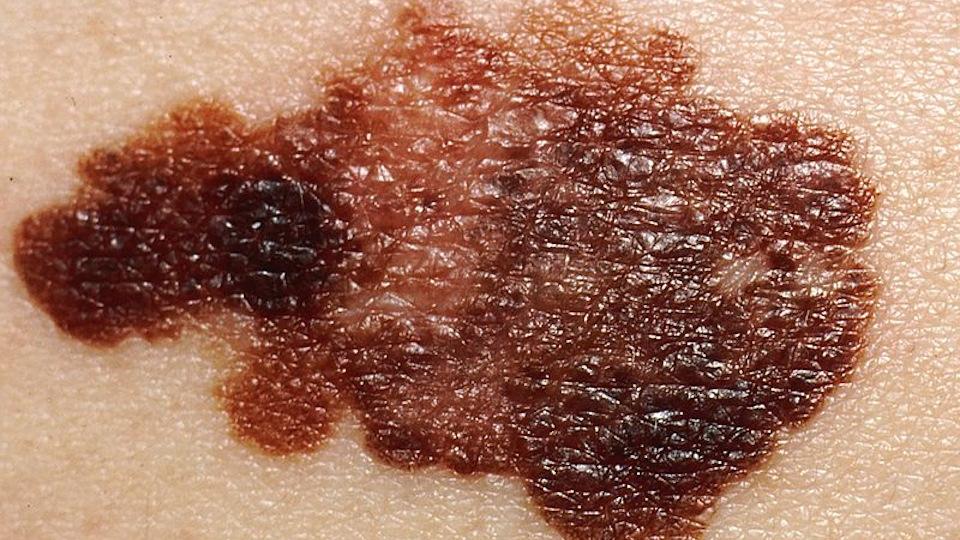First patient gets bowel cancer jab in NHS 'matchmaker' push

The first patient has received a personalised colorectal cancer vaccine, produced by BioNTech, as part of NHS England and Genomics England’s Cancer Vaccine Launch Pad (CVLP) initiative.
Through the CVLP, people with cancer who are receiving treatment in the NHS in England can be assessed to see if they might be eligible to join a cancer vaccine clinical trial and then be referred to a hospital operating as an investigation site.
BioNTech was the first pharma company to partner with the programme, agreeing to provide up to 10,000 patients with personalised cancer treatments in the UK by 2030.
Elliot Pfebve (55 years old) received the experimental vaccine at University Hospitals Birmingham NHS Foundation Trust, one of several that have agreed to participate in the BioNTech-sponsored colorectal cancer study, which aims to enrol around 200 subjects across the UK, Germany, Spain, Sweden, and Belgium and generate results in 2027.
The father of four had no cancer symptoms and was diagnosed through a routine health check with his GP. He had already had surgery and chemotherapy for his cancer before receiving the first dose of autogene cevumeran (BNT122), which is partnered with Roche’s Genentech division and is also being tested for pancreatic cancer and melanoma.
Eventually, thousands of cancer patients across England are expected to take part in the programme, which involves taking a biopsy of a tumour, identifying antigens specific to it, and creating a bespoke mRNA jab that can stimulate an immune response against them.
“Through the potential of this trial, if it is successful, it may help thousands, if not millions of people, so they can have hope, and may not experience all I have gone through,” said Pfebve. “I hope this will help other people.”
The CVLP was set up last year and acts as a matchmaker service, identifying suitable patients for this type of personalised cancer immunotherapy from hospitals across the country and matching them with suitable clinical trials.
Patients who agree to take part have a biopsy of their cancer tissue and a blood test taken. If they meet a clinical trial’s eligibility criteria, they can be referred to their nearest participating NHS site, with 30 hospitals currently participating and more expected to sign up in the coming months.
BioNTech is expected to tap into the system for additional studies, along with rival mRNA drug developer Moderna, which also has an active cancer vaccine programme. Last month, 52-year-old Steve Young from Stevenage became the first patient in the UK to get treatment with Moderna/MSD’s mRNA-4157 shot for melanoma.
Both BioNTech and Moderna are scheduled to present data on their cancer vaccines at the ASCO congress, which gets underway today.
“We know that, even after a successful operation, cancers can sometimes return because a few cancer cells are left in the body, but using a vaccine to target those remaining cells may be a way to stop this happening,” commented Professor Peter Johnson, NHS England’s national clinical director for cancer.
“Access to clinical trials could provide another option for patients and their families, and I’m delighted that through our national launch pad we will be widening the opportunities to be part of these trials for many more people, with thousands of patients expected to be recruited in the next year.”
Photo by Mathurin NAPOLY / matnapo on Unsplash













